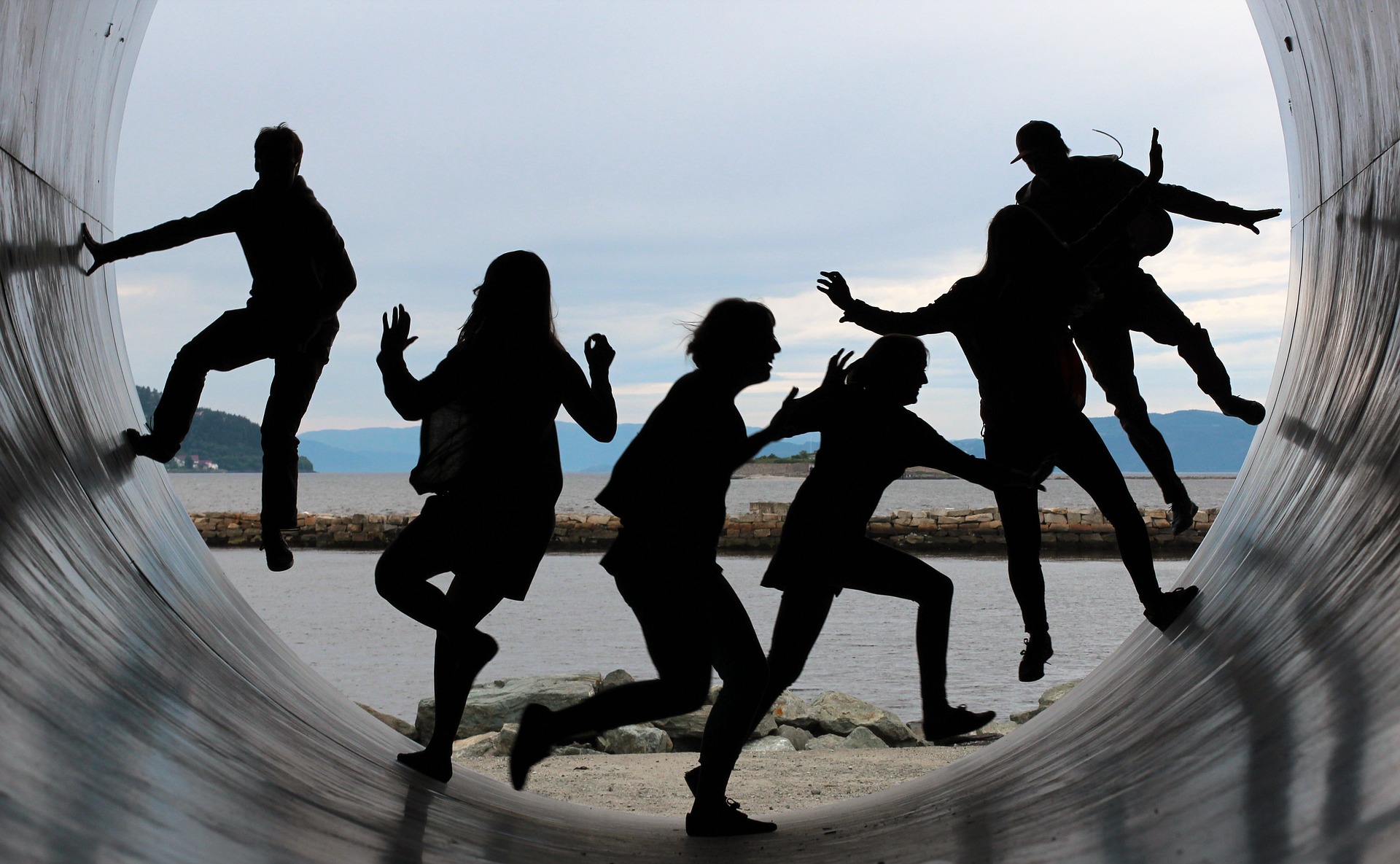The Emergence of Neo-Tribalism in the 21st Century: A Sociocultural Exploration
In the 21st century, a new sociocultural phenomenon is subtly shaping our society - neo-tribalism. This concept, rooted in prehistoric human behaviour, is reemerging in a modern context, affecting the way we identify, connect, and interact. Read below to delve into the intricacies of neo-tribalism, its implications, and how it's moulding our contemporary society.

A Historical Perspective on Tribalism
Tribalism, the organisation of society into tribes, has its roots embedded deeply in human history. Tribes, in the past, were formed for survival, providing a collective identity, security, and a sense of belonging to its individuals. Today, in the modern context, we are witnessing the resurgence of this primal instinct in the form of neo-tribalism.
Unveiling Neo-Tribalism
Neo-tribalism is a modern sociocultural phenomenon where individuals affiliate themselves with specific groups based on shared interests, values, or experiences rather than blood ties. This could range from fandoms, political affiliations, to lifestyle choices. The proliferation of social media and the internet has significantly amplified this trend, allowing for the creation of virtual tribes that transcend geographical boundaries.
The Influence of Neo-Tribalism on Society
The emergence of neo-tribalism has notable implications for society. It impacts social dynamics, identity formation, and even the political landscape. People are increasingly defining their identities through their tribal affiliations, leading to a shift from individualistic to more group-oriented identities. This has also led to a heightened sense of community and solidarity among tribal members but has created potential for polarization and conflict.
Societal Trends and Cultural Shifts Stemming from Neo-Tribalism
The rise of neo-tribalism has induced several societal and cultural shifts. For instance, the fashion industry is increasingly tailoring its products to cater to various tribes. Similarly, politics is experiencing a shift, with politicians tailoring their messages to appeal to specific tribes. Moreover, it’s also influencing interpersonal relationships, with people more likely to form relationships within their tribes.
Future Implications of Neo-Tribalism
As neo-tribalism continues to evolve, it will undoubtedly shape society in new and unexpected ways. While it provides a sense of belonging and identity, it also poses challenges like deepening societal divisions. Therefore, understanding this phenomenon is crucial for navigating the complexities of the social landscape in the future.
In conclusion, neo-tribalism, a modern incarnation of a primitive societal structure, is subtly but significantly shaping our society. By understanding this phenomenon, we can better comprehend our current social dynamics and anticipate future societal shifts. This knowledge, in turn, can enable us to create a more inclusive, understanding, and harmonious society.
Note: This article is an exploration of the phenomenon of neo-tribalism and its impact on society. It does not advocate for or against this trend but seeks to provide an objective and balanced perspective.




